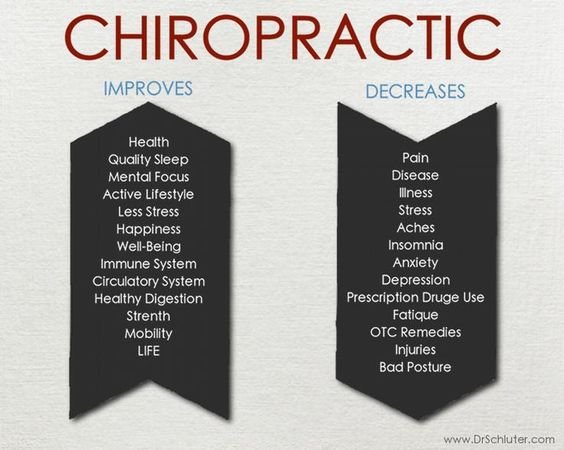If you're experiencing pain in the back, your body could be trying to inform you something more than just discomfort. The method your back feels can give valuable clues regarding your general well-being. Recognizing the specific sort of discomfort you're really feeling and any type of accompanying symptoms is vital to unwinding the mystery behind your discomfort. Allow's discover the common problems and signs and symptoms connected with various kinds of pain in the back to clarify what your body may be signaling.
Sorts Of Back Pain
When it concerns back pain, there are numerous kinds that you may experience. One usual kind is muscle mass pain, commonly triggered by overuse, pressure, or injury to the muscle mass and tendons supporting the back. This type of discomfort can range from mild pain to severe and devastating pain.
One more type is nerve pain, which can arise from problems like herniated discs or sciatic nerve pain. Nerve pain commonly provides as a sharp, shooting feeling that emits down the leg.
Joint discomfort in the back can originate from issues like arthritis or sacroiliac joint disorder. This type of pain is normally really felt in the reduced back and can be exacerbated by particular movements.
Furthermore, pain in the back can be connected to structural troubles such as back constriction or vertebral cracks. Recognizing the sort of neck and back pain you're experiencing is essential in establishing the ideal therapy and administration techniques.
Common Effects to Watch For
Moving beyond the various types of pain in the back, it is necessary to recognize the usual signs and symptoms that can indicate underlying problems.
Consistent pain in the back that aggravates with motion or in the evening could suggest a much more significant trouble. Numbness or prickling in the legs or feet, particularly when accompanied by weakness, may point to a nerve-related problem. If can a chiropractor help with a pinched nerve experience sudden weight reduction along with neck and back pain, it could be an indicator of a much more systemic condition.
Focus on any type of changes in bladder or bowel feature, as this could be connected to spinal cord compression. High temperature, cools, or evening sweats combined with pain in the back may signal an infection. Watch out for pain that radiates down one or both legs, possibly a sign of sciatica.
Wellness Conditions Linked to Neck And Back Pain
If you struggle with pain in the back, it's critical to comprehend the possible health and wellness problems connected to this discomfort. Back pain can be a symptom of numerous underlying issues, consisting of muscular tissue pressures, herniated discs, osteo arthritis, spine stenosis, and even conditions like kidney stones or infections.
Muscle strains are common and commonly arise from lifting hefty objects or unexpected motions.
Herniated discs happen when the soft cells in between vertebrae protrudes, creating nerve inflammation.
Osteoarthritis, a degenerative joint condition, can result in back pain as cartilage wears down.
Spine stenosis, the constricting of the spine canal, can put pressure on nerves.
Kidney rocks may cause extreme back pain if they move into the urinary system.
Infections like spine osteomyelitis can additionally show up as pain in the back. Understanding these possible health and wellness problems can aid you look for proper treatment and management for your back pain.
Conclusion
So, following time your back injures, take note of the type of discomfort and accompanying symptoms. Maybe a signal from your body regarding underlying wellness problems like muscle pressure, nerve issues, joint issues, or even structural problems. By acknowledging these indicators, you can take proactive steps to address the source of your pain in the back and improve your general wellness and wellness.
